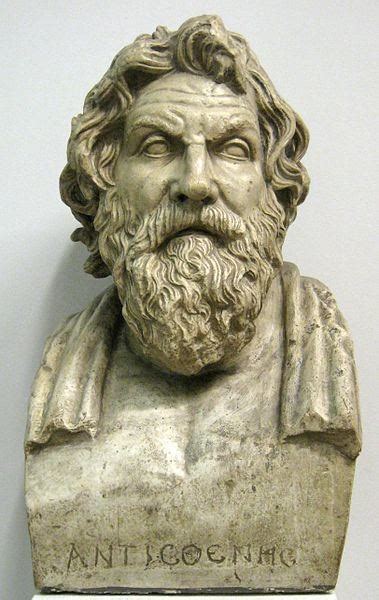A Quote by Sophocles
Whenever the deity contrives misfortunes for a man, he first harms their understanding.
Quote Topics
Related Quotes
There are three kinds of nature in man, as Nicetas Stethatos further explains: the carnal man, who wants to live for his own pleasure, even if it harms others; the natural man, who wants to please both himself and others; and the spiritual man, who wants to please only God, even if it harms himself. The first is lower than human nature, the second is normal, the third is above nature; it is life in Christ.
And finally remember that nothing harms him who is really a citizen, which does not harm the state; nor yet does anything harm the state which does not harm law [order]; and of these things which are called misfortunes not one harms law. What then does not harm law does not harm either state or citizen.
You mark my words: Whenever a cult attacks Christianity, the first place they're going to go is they're going to attack the deity of our Lord and Savior Jesus Christ; is that not true? They are going to attack His deity. Throughout 2000 years of Christian history, we have had to build walls to keep them out. We have had to fight, we have had to amass arms, we have had to do apologetics, we have had to do it all. It is our purpose and our responsibility to proclaim that Jesus Christ is God.
A man of discernment, meditating on the healing Divine Providence, bears with thanksgiving the misfortunes that come to him. He sees their causes in his own sins, and not in anyone else. But a mindless man, when he sins and receives the punishment for it, considers the cause of his misfortune to be God, or people, not understanding God's care for him.
The traditional doctrine of man and not the measurement of skulls and footprints is the key for the understanding of that anthropos who, despite the rebellion of Promethean man against Heaven from the period of Renaissance and its aftermath, is still the inner man of every man, the reality which no human being can deny wherever and whenever he lives, the imprint of a theomorphic nature which no historical change and transformation can erase completely from the face of that creature called man.
The man of meditation becomes the man of understanding because his energy accumulates. He is not wasting it. He is not interested in trivia; he does not put any energy at all into petty things. So whenever the time arises to give, he has to give. Energy is understanding. Be conscious of it and use your energy very consciously, and use your energy in such a way that you don't simply go on wasting it.
The first who attracts the eye, the first in enlightenment, in power and in happiness, is the white man, the European, man par excellence; below him appear the Negro and the Indian. These two unfortunate races have neither birth, nor face, nor language, nor mores in common; only their misfortunes look alike. Both occupy an equally inferior position in the country that they inhabit; both experience the effects of tyranny; and if their miseries are different, they can accuse the same author for them.
The misfortunes which God is represented in the book of Job as allowing Satan to inflict on Job, merely to test his faith, are indications, if not of positive malevolence, at least of a suspicious and ruthless insecurity, which is characteristic more of a tyrant than of a wholly powerful and benevolent deity.







































